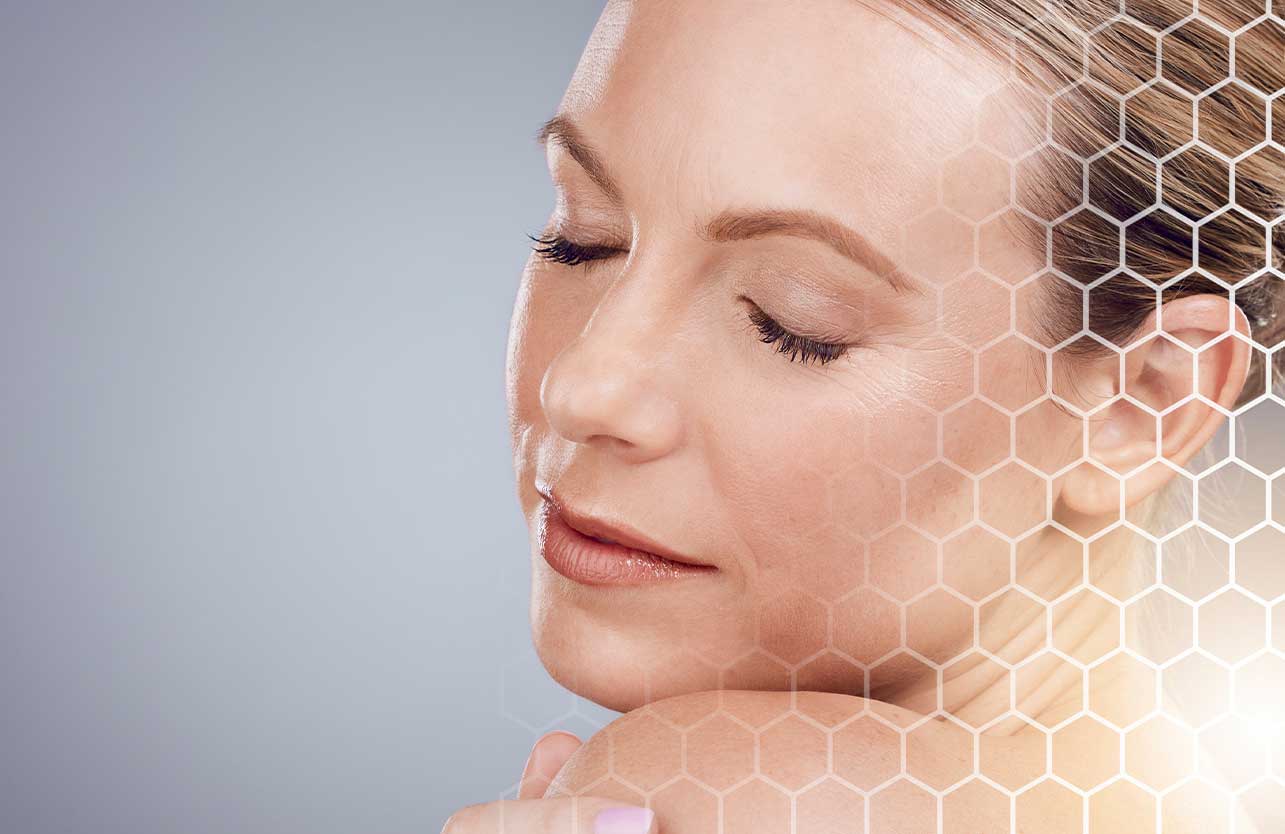What is Dermatology and What Conditions Does it Treat?
What is Dermatology?
Dermatology is a medical specialty focused on conditions affecting the skin, hair, nails, and mucous membranes. Dermatologists diagnose, treat, and prevent various skin disorders and perform both medical and surgical treatments. Additionally, dermatology encompasses cosmetic and aesthetic procedures, addressing both medical and aesthetic skin concerns.
Assoc. Prof. Dr. Ezgi Özkur, an experienced dermatologist, has conducted significant research in dermatological diseases, psychodermatology, and cosmetic dermatology, earning international recognition for her work.
Conditions Covered by Dermatology
Dermatology covers a wide range of skin conditions, including:
- Acne: Commonly occurring in adolescence.
- Eczema: Chronic condition characterized by redness, itching, and scaling.
- Psoriasis: An autoimmune condition causing rapid skin cell growth.
- Rosacea: Characterized by facial redness and acne-like lesions.
- Vitiligo: Loss of skin pigmentation resulting in white patches.
- Skin cancers: Includes melanoma, basal cell carcinoma, and squamous cell carcinoma.
- Fungal infections: Affecting skin, hair, and nails.
- Hair loss (alopecia): Can arise from various causes and is treated by dermatologists.
Cosmetic Dermatology and Aesthetic Procedures
Dermatology also includes cosmetic and aesthetic treatments such as:
- Botox and fillers: For reducing wrinkles and facial rejuvenation.
- Chemical peels: For skin renewal and treating pigmentation.
- Laser treatments: Effective for hair removal, skin rejuvenation, and treating pigmentation issues.
- PRP (Platelet Rich Plasma): For skin rejuvenation and preventing hair loss.
- Mesotherapy: Used in skin rejuvenation, cellulite reduction, and hair loss treatments.
Roles of a Dermatologist
Dermatologists perform various essential functions:
- Diagnosing skin conditions and determining appropriate treatments.
- Applying medical or surgical treatments.
- Providing preventive care and skincare advice.
- Performing cosmetic and aesthetic dermatology procedures.
Dr. Ezgi Özkur’s Approach to Dermatology
Assoc. Prof. Dr. Ezgi Özkur adopts a holistic and multifaceted approach to dermatological care. She emphasizes the significant impact of psychological factors on skin health, providing specialized support through psychodermatology.

